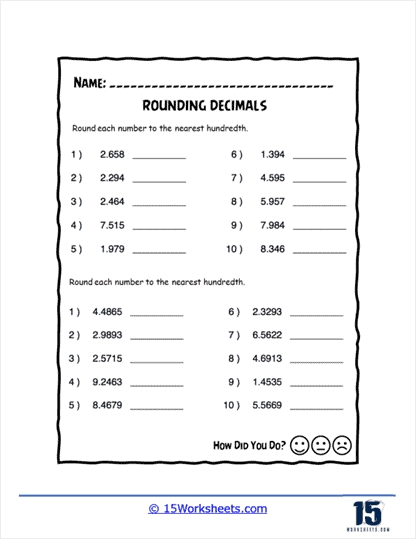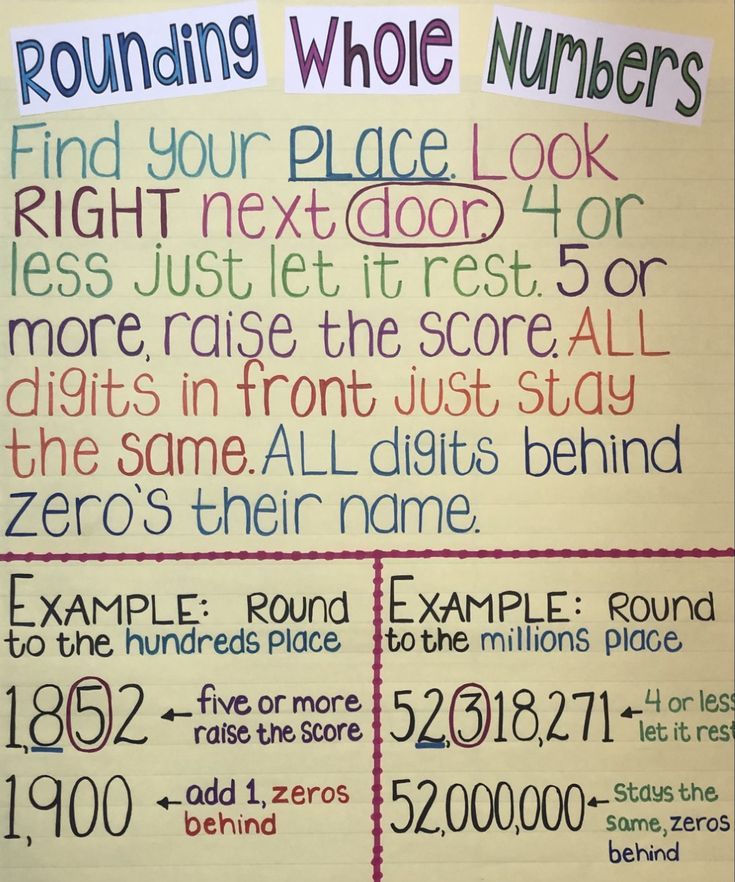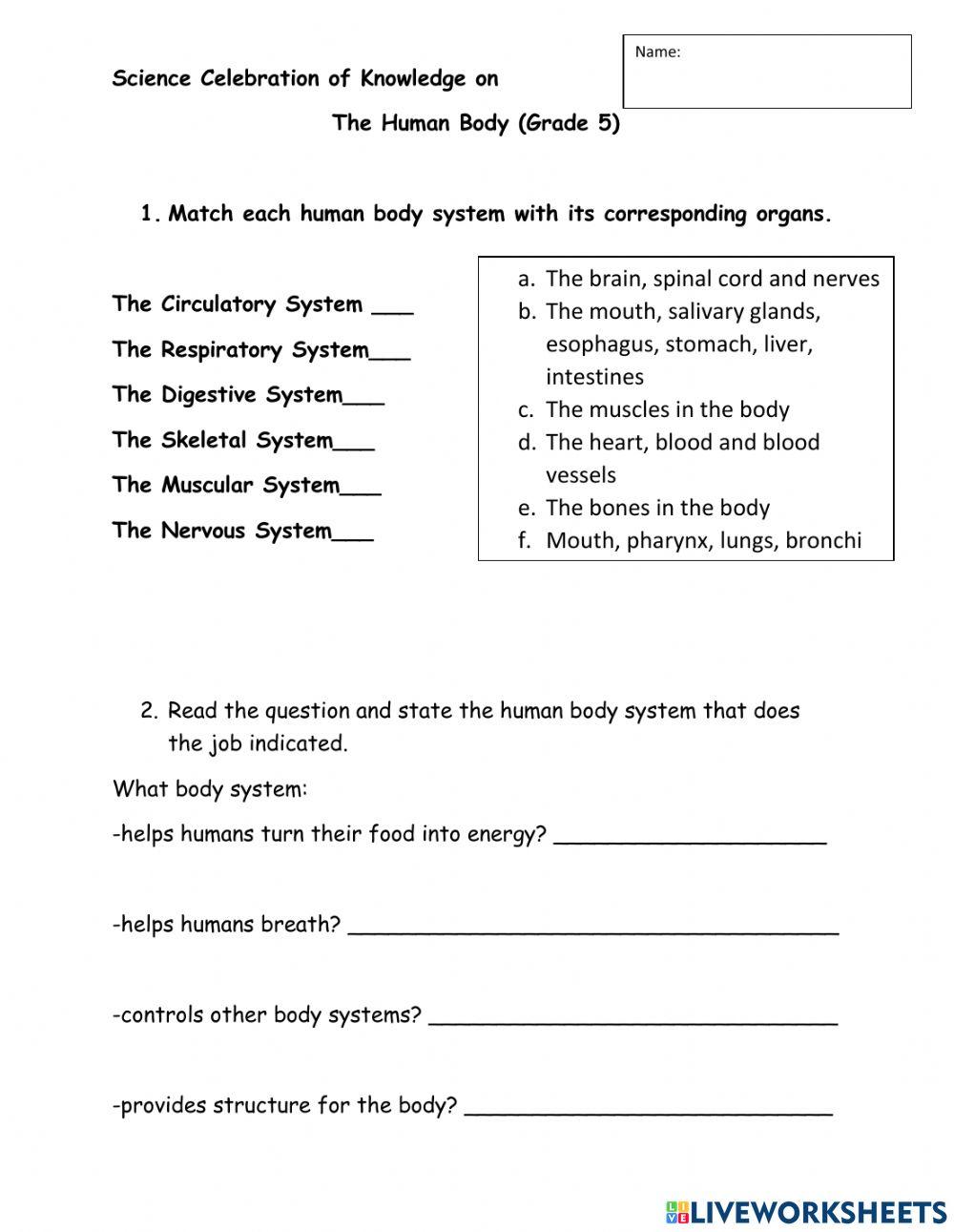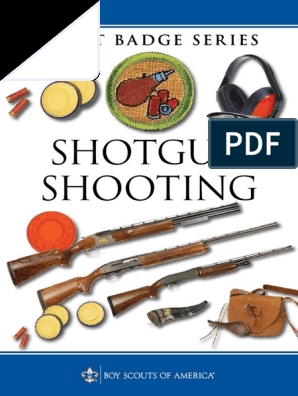5 Ways to Master Rounding Whole Numbers

Understanding Rounding Whole Numbers
Rounding whole numbers is an essential math concept that is used in various aspects of life, from everyday calculations to complex mathematical problems. Mastering rounding whole numbers can help individuals improve their math skills and become more confident in their ability to perform calculations. In this article, we will explore five ways to master rounding whole numbers, including understanding the concept of rounding, learning the rules of rounding, practicing with examples, using real-world applications, and playing math games.
1. Understand the Concept of Rounding
Rounding whole numbers involves approximating a number to the nearest ten, hundred, or thousand. The goal of rounding is to simplify a number and make it easier to work with. For example, the number 456 can be rounded to 500, which is easier to calculate with. To round a number, you need to look at the digit to the right of the place value you want to round to. If the digit is less than 5, you round down, and if it is 5 or greater, you round up.
Key Points to Remember:
- Rounding involves approximating a number to the nearest ten, hundred, or thousand.
- The goal of rounding is to simplify a number and make it easier to work with.
- To round a number, look at the digit to the right of the place value you want to round to.
📝 Note: Rounding is not the same as estimating. Estimating involves making an educated guess, while rounding involves following specific rules.
2. Learn the Rules of Rounding
To master rounding whole numbers, you need to learn the rules of rounding. Here are the basic rules:
- If the digit to the right of the place value is less than 5, round down.
- If the digit to the right of the place value is 5 or greater, round up.

| Digit to the Right | Rounding Rule |
|---|---|
| Less than 5 | Round Down |
| 5 or Greater | Round Up |
Examples:
- Round 456 to the nearest ten: 456 → 460 (round up)
- Round 123 to the nearest hundred: 123 → 100 (round down)
3. Practice with Examples
Practicing with examples is essential to mastering rounding whole numbers. Here are some examples to try:
- Round 945 to the nearest ten: _______________________
- Round 219 to the nearest hundred: _______________________
- Round 654 to the nearest thousand: _______________________
Answers:
- 950
- 200
- 1000
4. Use Real-World Applications
Rounding whole numbers has many real-world applications. For example, you can use rounding to estimate the cost of groceries, calculate the distance between two cities, or determine the number of people who can fit in a room.
Example:
- A store is having a sale on TVs, and the prices are as follows:
- TV A: $425
- TV B: $499
- TV C: $525
- Round the prices to the nearest hundred to make it easier to compare.
📝 Note: Rounding can help you make quick estimates and calculations in real-world situations.
5. Play Math Games
Playing math games can be a fun and interactive way to practice rounding whole numbers. Here are some game ideas:
- Rounding War: Players take turns rounding numbers to the nearest ten, hundred, or thousand. The player who rounds the number correctly wins.
- Rounding Bingo: Create bingo cards with numbers and have players round the numbers to the nearest ten, hundred, or thousand. The first player to get five correct answers wins.
By following these five ways to master rounding whole numbers, you can improve your math skills and become more confident in your ability to perform calculations.
What is the purpose of rounding whole numbers?
+
The purpose of rounding whole numbers is to simplify a number and make it easier to work with.
What is the difference between rounding and estimating?
+
Rounding involves following specific rules, while estimating involves making an educated guess.
How can I practice rounding whole numbers?
+
You can practice rounding whole numbers by using examples, playing math games, and using real-world applications.



